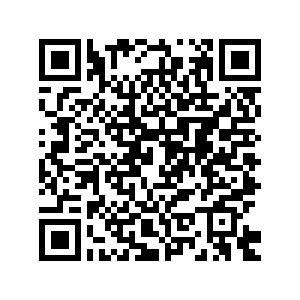WASHINGTON, April 30 (Xinhua) -- Some U.S. experts have attributed the tense China-U.S. relationship to Washington, and urged it to take real actions to change the current stalemate between the two countries.
The United States has been trying to contain China's development as part of its tactics to maintain its global hegemony, they said.
"Americans would fall into a state of despair if they no longer believed that their exceptional and indispensable nation exists as an ideal for humanity," said Peter Isackson, Fair Observer's chief strategy officer.
With so many serious and worsening problems undermining the American consensus, the cultivation of a shared enemy may be the necessary key to maintaining that order, Isackson explained in an opinion piece on an independent news website.
Andrew Latham, professor of international relations at Macalester College in Saint Paul, Minnesota, said the U.S. foreign policy under President Joe Biden is "an incoherent mess."
The policy swings wildly, even chaotically, between three incompatible geopolitical visions, namely to contain China, to defend the global liberal order and to remain restrained, Latham said in an article on The Hill.
To solve the problem, the United States should choose one vision, which the author believed should be the vision of Restraint -- "a strategic vision grounded in a clear-eyed sense of both American national interests and the objective realities of today's international order."
Some observers have suggested creating a "problem-solving approach" to improving China-U.S. relations, calling on the U.S. side to settle one small problem after another in coordination with China.
"There is no doubt the U.S.-China relationship will remain competitive going forward," according to an article co-authored by Paul Haenle, the Maurice R. Greenberg Director's chair at the Carnegie Endowment for International Peace, and research assistant Sam Bresnick.
However, preventing bilateral ties from becoming even more hostile and adversarial should constitute a common aim for both countries, read the article published earlier this year.
"Perhaps the United States and China should devote more energy toward trying to create a problem-solving approach for addressing more pointed irritants, such as limits on journalist visas and consulate closures," it said.
By committing to this pragmatic approach, the United States and China may be able to find a way to lay the foundation for taking on the larger structural issues in areas, like trade and technology, which will be key to determining the future health and welfare of the U.S.-China relationship over the long term, the article said. ■
